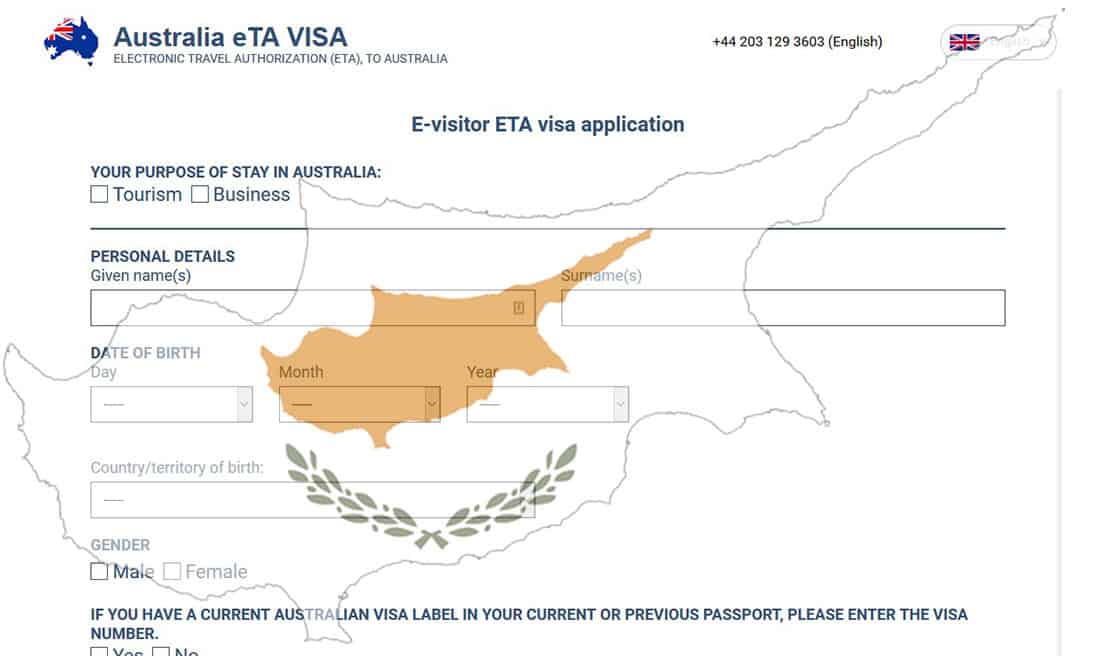<p id=”tw-target-text” class=”tw-data-text tw-ta tw-text-large” dir=”ltr” data-placeholder=”Translation”>Content:
Etiquette and decent manners are important in every civilization of the world. Etiquette is nothing but gracious behavior that is polite and acceptable in all civil societies. Good manners can play a major role in the success and failure in all aspects of life.There are different types of etiquettes as in business etiquette, dining etiquette, school etiquette, family etiquette and social etiquette in Australia and although all are related to being well mannered, there are few things that are unique to each one of these.
Family Etiquette
Home is the first place where we begin learning about etiquette and implementing them as well. It especially shows when guests are around. Anyone in the family responds better when they are asked to do something with a ‘please’ in front.
Some basic family etiquette includes:
- Respect everybody’s space and belongings.
- Learn to say ‘please,’ ‘thank you’ and ‘sorry.’
- Do not talk and interrupt when someone else is talking or when elders are talking.
- Respect elders and listen to what they say.
- Chewing food with the mouth closed.
- Not texting or messaging when talking to someone or while sitting together for dinner.
- Not yelling and calling names to other members of the family.
These were only the basics, and there are a lot of ‘dos’ and ‘don’ts’ in the list when it comes to etiquette for children.
Social Etiquette
This is how you behave in public, when out with friends and when talking to strangers on the road. Social etiquette is also important when you are in a theater or restaurant. It is important that you treat your friends and neighbors with respect as then only they will respect you back and will invite you to their parties and get-togethers.
Some basic tips include:
- To be in time for all kinds of social events especially those that have a time mentioned.
- While talking to someone, make eye contact and do not look here and there as that would be disrespectful to the person you are talking to.
- Avoid gossiping about friends with others. And it is merely because someone in the group might think what you are gossiping about him or her behind the back.
- Never talk in between two persons.
- Keep your mobile phones off when in a theater or movie hall.
- Help the elderly and physically challenged people when you see them struggling with the door or something else.
Social etiquette refers to the rules of conduct in your society. These rules are different based on location. But the primary effort of social etiquette remains the same – you have to be polite to fit into the society, whether you’re in India or any other part of the world such as Australia. Social etiquette in Australia deals with issues such as politeness.
Maybe this article will be interesting for you too:
What is an eTA? – eTA definition and meaning
So let’s talk about politeness
What is politeness?
While etiquette is about the rules of conduct in society, politeness is the practical use of this etiquette. When you apply the rules of conduct, display good manners while expressing yourself and consider the thoughts and feelings of others around you, you are polite.
How to be polite?
When you are polite and courteous, display good manners, people automatically respond to you better. For instance, when you say something to a person with a smile, you can expect a smile in return or at least a good response. People are less inclined to be hostile to someone who’s smiling at them, right?
So the best way to be polite is with a SMILE!
Another way of showcasing your social etiquette skills is by being gentle and not being too forceful, insistent or argumentative.
I’m not saying you need to be a pushover, but if you speak gently and your body language is not aggressive, you can expect a similar response from the others around you. Having said that, I’d like to add that you need to get a little bit forceful and assume an aggressive body stance every once in a while to stop people from running all over you.
Never be a pushover. Always be mindful of where your politeness can lead you into. Remember the time you spent listening to the ramblings of your friend about her stuck-up boyfriend? What exactly did you do?
If you stopped her, then good for you! Yes, you might have felt you were being rude, or maybe even she might have thought of you as being rude, but the point has you stopped her from wasting your time.
But what about if you did go on listening to your friend? Well, you’re a pushover. Your friend is taking advantage of your sweet nature to vent her frustrations on you while you waste your time listening to her. You should be there for your friend in her hour of need, but not at a position where you’re unnecessarily being taken advantage of.
Find out how to get eTA visa to Australia








